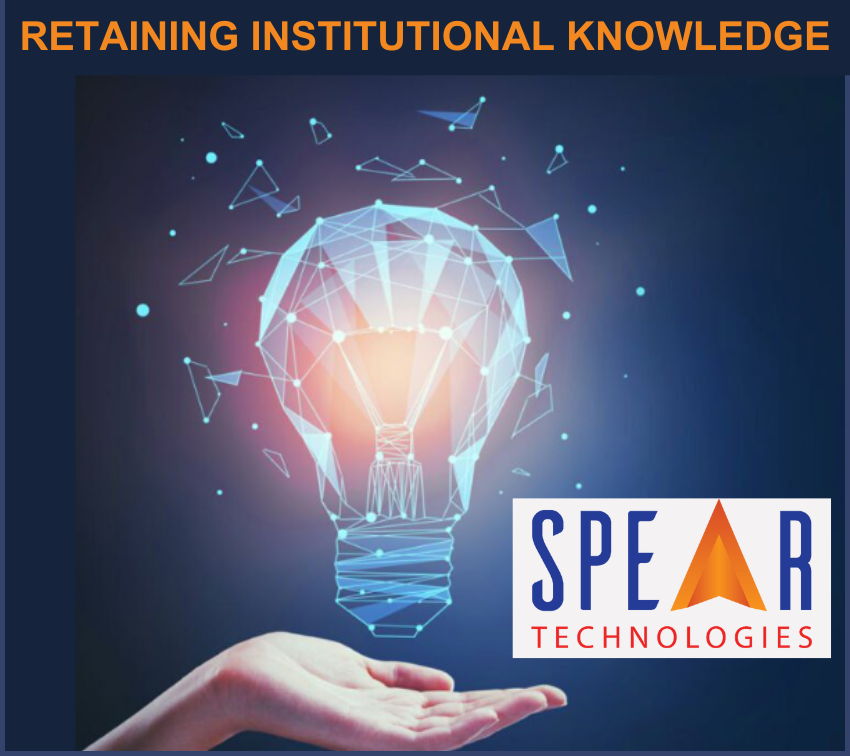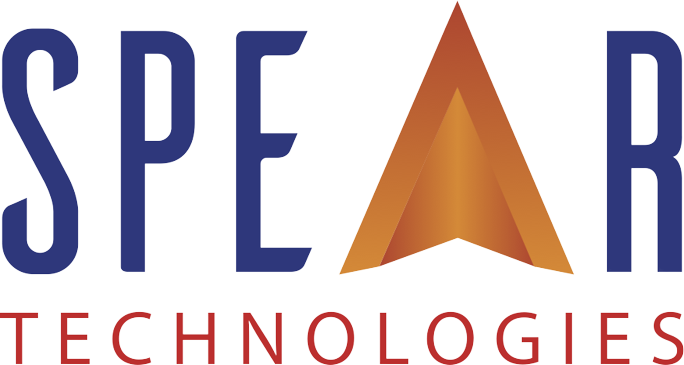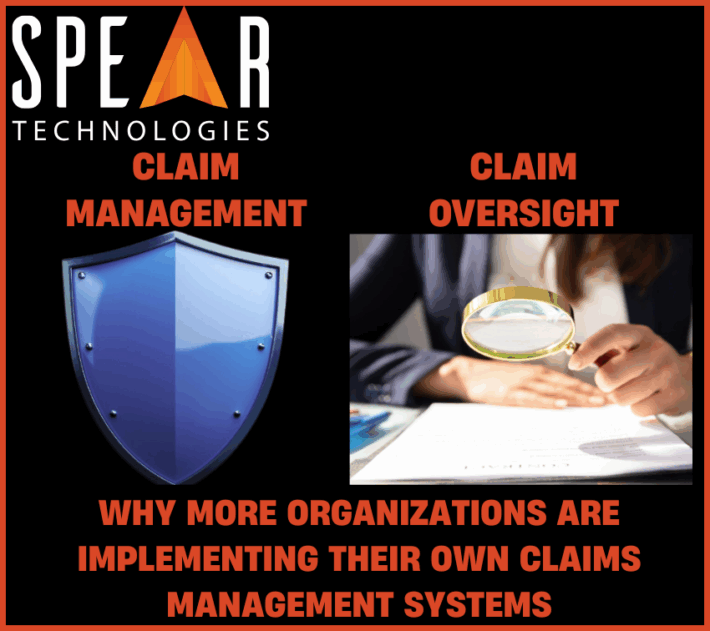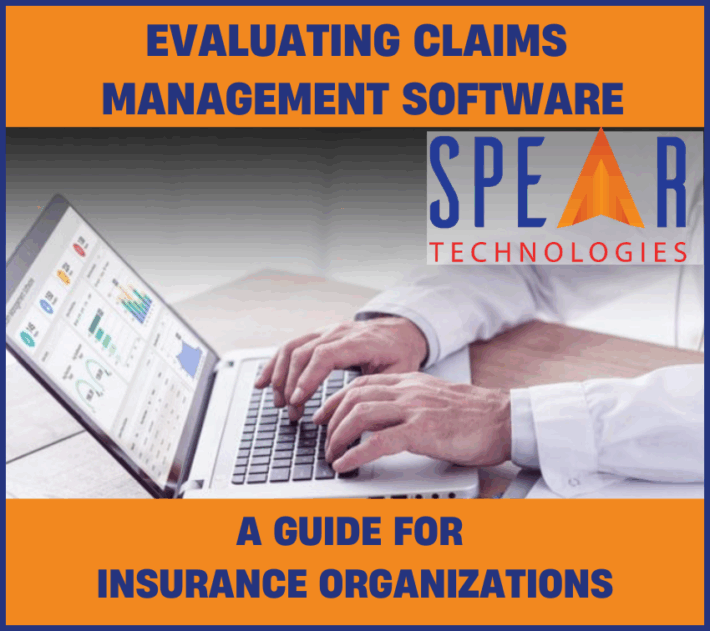Retaining Institutional Knowledge

Leveraging Modern Core Technology to Maintain Relevance, Efficiency and Expertise
The insurance industry is facing a perfect storm. A wave of retirements threatens to wash away decades of accumulated experience, leaving a gaping hole in institutional knowledge. With a median age significantly higher than other financial sectors, estimates suggest nearly half the current workforce will retire within the next fifteen years. This exodus coincides with struggles to attract younger talent, creating a double whammy that could cripple the industry’s ability to function smoothly.
The departing veterans take with them not just technical expertise in underwriting, claims, and actuarial science, but also an intimate understanding of the intricate regulatory landscape that governs the industry. Their absence creates a knowledge vacuum that can lead to costly mistakes, delays in processing claims, and potential non-compliance with evolving regulations. This, in turn, could erode customer trust and damage the industry’s reputation for reliability and stability.
Fortunately, a technological life raft exists for insurers facing the choppy waters of a retiring workforce. Modern core technology offers a variety of solutions to capture, retain, and disseminate institutional knowledge, ensuring its continued value across the organization.
Centralized knowledge repositories function as the bedrock of this strategy, consolidating all organizational data, from claims history and policy information to customer interactions. This systematic storage and easy retrieval ensure valuable information is not lost. Document management features securely store and organize important documents like policy manuals, procedural guides, and best practices, making them readily accessible to employees of all experience levels. Knowledge management systems enhance knowledge retention by allowing the documentation and sharing of expert insights, procedural guides, and best practices. Additionally, they house training materials and resources, ensuring new employees have access to the same knowledge base as their predecessors.
Data analytics and reporting play a crucial role in extracting insights and trends from historical data. These insights, gleaned from past experiences, become crucial for informed decision-making. Detailed reports on key performance indicators (KPIs) provide valuable lessons learned and best practices, ensuring their preservation for future use.
Artificial intelligence and machine learning take knowledge retention a quantum step further. These algorithms continuously learn from new data, refining predictions, and recommendations. This ongoing process not only retains institutional knowledge but also improves decision-making over time. Predictive analytics leverage historical data to anticipate future trends, guaranteeing that past knowledge informs future strategies.
Automated workflows further solidify institutional knowledge within daily operations. By standardizing processes, they ensure best practices are consistently followed across the organization. Furthermore, automation reduces reliance on individual memory and manual processes, effectively embedding knowledge within the system’s core functionalities.
Real-time communication tools integrated within core systems facilitate seamless collaboration and knowledge sharing among team members. This ensures valuable insights and information are readily disseminated across the organization. Collaboration features within project management tools further empower knowledge application and sharing during project execution.
Customer self-service portals also contribute to the knowledge base. Feedback collected through these portals provides valuable insights into customer needs and preferences. Additionally, documentation of common customer issues and resolutions adds to the organization’s knowledge repository. Chatbots further enhance this ecosystem by providing instant assistance and resolving common queries in real-time. These AI-driven tools learn from interactions, continuously improving their responses and expanding the knowledge base with each customer interaction. The integration of chatbots ensures that customers receive timely and accurate information while simultaneously capturing valuable data that can be analyzed to refine customer service strategies to improve overall efficiency.
Integration with external data sources broadens the knowledge base even further. Legal databases, telematics, IoT devices, and third-party data providers enrich the existing pool of information with valuable external insights and data points. This enriched knowledge base empowers proactive risk assessment and management, informed by a wider range of information.
Advanced analytics capabilities within core technology also contribute to knowledge retention. By continuously tracking and analyzing performance metrics, insurers gain insights into the most effective strategies and processes. This knowledge is then preserved for future application. Additionally, benchmarking current performance against historical data helps identify long-term trends and the impact of different initiatives.
Finally, modern core technology fosters enhanced communication and collaboration. Integration with email clients, messenger platforms, and digital collaboration tools streamlines communication and knowledge exchange among team members. Collaborative platforms further facilitate real-time communication and document sharing, ensuring knowledge is readily exchanged and retained within the organization.
In conclusion, by leveraging these capabilities, modern core technology acts as a powerful tool to capture, store, and disseminate institutional knowledge. This ensures that the valuable insights and experience of a departing workforce remains accessible, ultimately enhancing the overall efficiency, effectiveness, and resilience of the insurance industry.
To see first-hand how your organization can help retain your organization’s institutional knowledge with SpearClaimsTM, our award-winning claims system built by industry experts on a modern low code platform that delivers the power of built-in AI and Analytics while lowering your total cost of ownership, Schedule a Demo.
To discover how Spear’s solutions are accessible to insurers of all sizes, Request Pricing.



